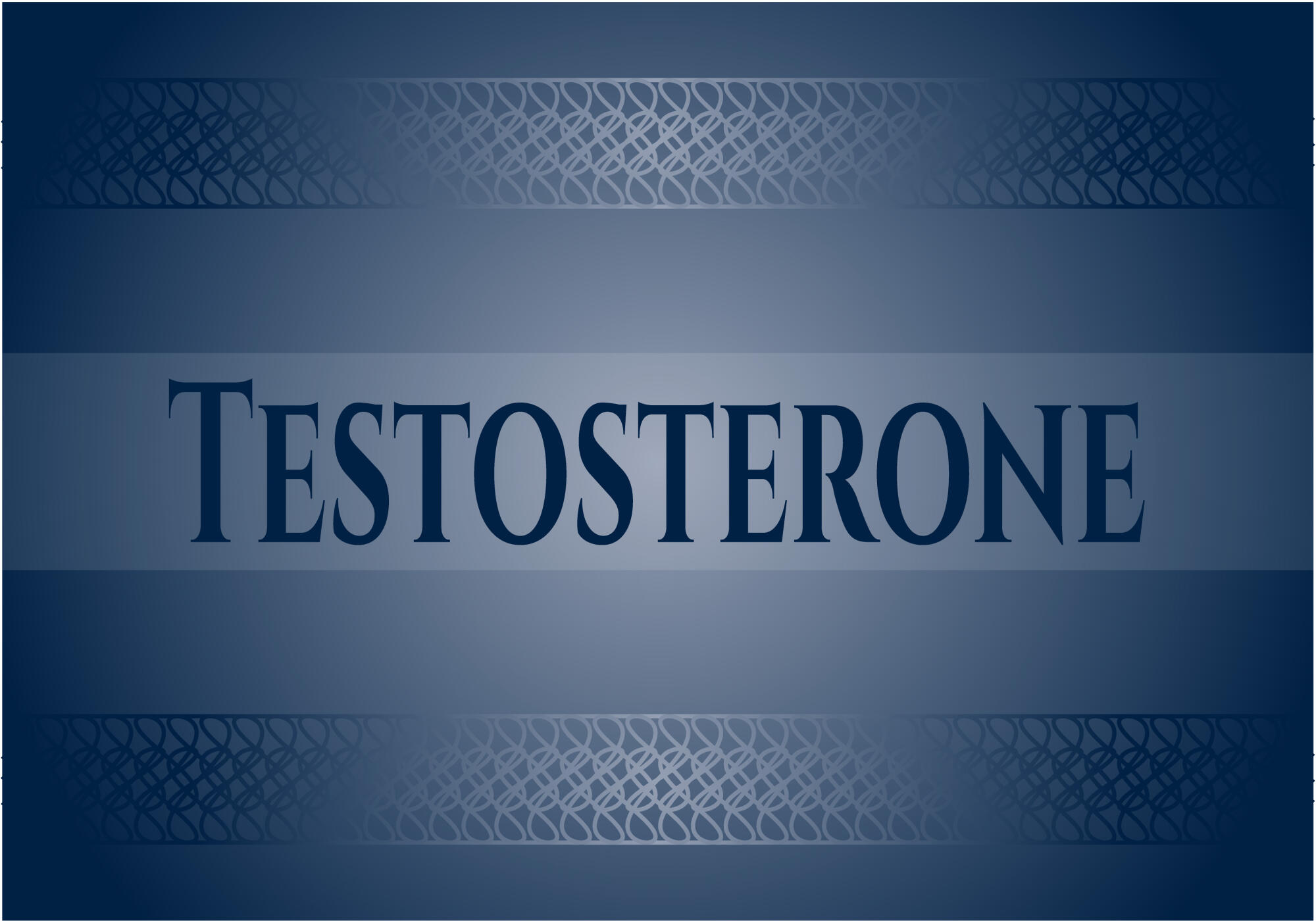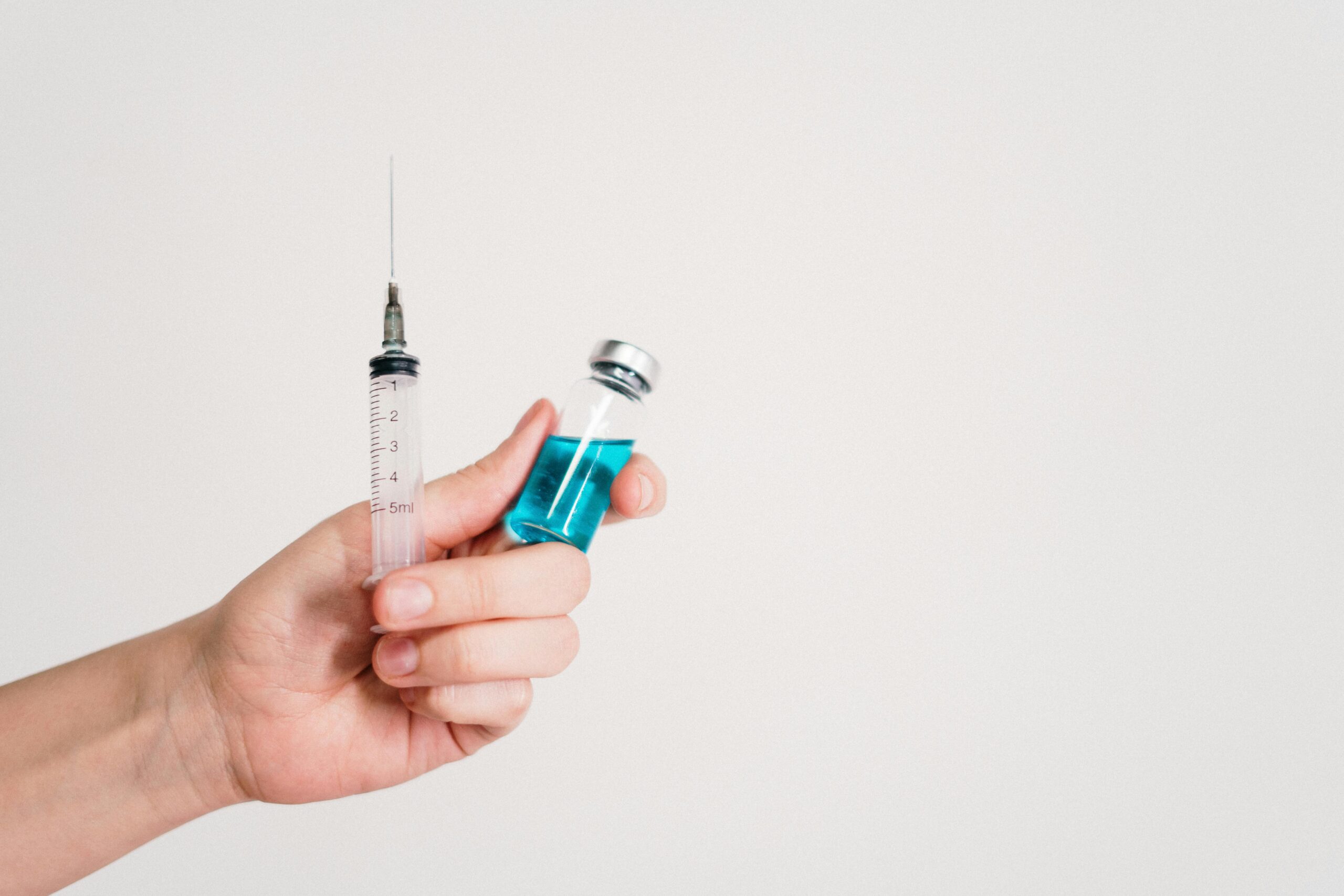They say that health is wealth, but let’s face it, staying in shape gets harder with age. A lot of people feel like they’re hitting a barrier at 40, but that’s not necessarily the case.
Putting on more muscle at this age may be more challenging, but it’s far from impossible. What you need to bear in mind is that knowledge is key.
If you understand how different behaviors can affect your body, you’ll have a much easier time achieving your goals. As such, educating yourself is the best thing you can do.
In this guide, we’ll go over some key tips and strategies for building muscle after 40. Keep reading for more.
Why You Lose Muscle in Your 40s
You may have noticed that you’re losing muscle in your 40s, but this actually often started to happen closer to 30. This is because of a process called age-related sarcopenia. This tends to become more significant after the age of 60.
On top of losing muscle tone and mass, it’s believed that muscular strength also decreases with age. It’s difficult to research this precisely and there are different studies that give slightly different results. The general consensus is that muscle mass decreases by about three to eight percent after reaching about 30 years of age.
While this varies from person to person, it’s clear that everyone can experience some degree of muscle loss. As such, it’s important to work to stay in shape at this time.
Can You Build Muscle After 40?
Many people are still under the impression that muscle loss is inevitable. While people are more prone to it, those who work hard and live the right lifestyle can maintain their muscle mass, and can even continue to build strength.
There are various ways to do this. Strength training is considered one of the most effective ways to reduce the loss of muscle mass, strength, and bone density while helping to keep body fat percentage down. If done properly, it can even reverse these processes.
Muscle building in your 40s and beyond is definitely attainable, but it takes commitment. On top of that, you need to have a good understanding of what you’re doing. Hard work will be wasted if you’re not approaching things efficiently.
The benefits of strength training don’t end there. Some studies have indicated that it can also reduce aging at a cellular level.
Best Approaches for Building Muscle After 40
For those who have worked to build muscle in their younger years, it will likely be a bit easier. This is simply because the approach isn’t too different, so some will already be used to this kind of lifestyle.
The major difference is that it takes more discipline, consistency, and commitment. This is because changes in hormone levels make building muscle more difficult while your body will gear more towards storing fat.
The two main overall goals are to work out consistently and optimize your diet. This may be easier said than done, but these tips should help you on your journey.
Think High Volume
There are plenty of exercises you can do in the gym to build muscle such as barbell deadlifts, rear deltoid flyes, squats, and more. In general, compound exercises are the most effective when trying to build muscle. When doing these, the volume and intensity will have an impact on your ability to build muscle.
If you lift too light, you’ll be able to get a lot of reps. This can be good for things like fat loss and stamina improvement, but it won’t help much with muscle growth. Conversely, if you lift too heavy, you won’t be able to do many reps, and you’ll increase the risk of injury.
The general guideline is that you want to lift about 70-85% of your one rep max for any given exercise. Aim to do three sets per exercise, getting about 8-12 reps per set. By the end of each set, you should feel fatigued with enough energy for maybe just one or two reps in reserve (RIR).
Be Consistent
This is one of the most important elements of gaining muscle, but it’s unfortunately where a lot of people struggle. Exercise and a good diet are the foundation of muscle growth, but if you’re not consistent, they won’t have any noticeable effects.
As a minimum, you should be doing at least three strength training sessions each week. If you don’t do enough, you won’t get the full effects.
Some people make the opposite mistake, however, and do too much strength training. While it may seem logical to think that more exercise equals more muscles, this isn’t the case.
For muscles to grow, they also need to rest. As such, you should give it at least 24-48 hours between each strength training session to rest your muscles. Targeting the same muscle groups too often can reduce muscle growth, and you’ll generally just feel more burnt out.
Some people prefer to do full-body workouts, while others opt for body part splits. Your own availability and schedule may affect your decision here.
There’s a lot of debate over which is more effective: full-body strength training or body part splits. For most people, the best results come from full-body workouts a few times per week.
A full-body workout typically only needs to involve one exercise per muscle group. With that said, you can still get good results from a body part split if it’s well planned out.
Get Enough Protein
You may have heard that diet is more important than exercise when it comes to health and fitness. In reality, they’re both vital, so you need to focus on both if you want to build muscle.
In terms of muscle growth, ensuring you get enough protein is crucial, especially as you get older. Along with amino acids, protein acts as the building blocks that allow muscle tissue to repair itself and grow.
There’s some debate over how much protein someone should actually consume as different studies suggest different amounts. Most studies, however, state that a person should consume 1.2g of protein per kg of body weight each day to effectively build muscle. Ideally, you want to spread this out evenly throughout the day rather than consuming it all in short bursts.
If you weigh 200 pounds (90.7 kg), for example, you should try to consume at least 108.9 grams of protein per day. You may want to up this if your workouts are particularly intense. The optimum amount seems to be between 1.2 and 1.6 grams per kg of body weight, so it’s very unlikely that you’ll need to go over that upper amount.
Think About Reducing Your Cardio
Cardio is great for your overall physical fitness, and it’s something you should always do to some degree. With that said, it can also be detrimental to muscle growth for some people.
Those who have a hard time putting on muscle are known as “hard gainers”. If you’re one of these individuals, you may have no issues with body fat but could struggle to build muscle even with a lot of strength training.
There’s a saying in the body-building world; “cardio kills gains”. While this isn’t necessarily 100% accurate, too much cardio can make gaining muscle more challenging. It’s worth noting that the type of cardio can also have an impact.
It’s generally accepted that the best cardio for people trying to build muscle is high-intensity interval training (HIIT) workouts. This type of training is great for burning fat and boosting metabolism while still engaging muscles and supporting muscle growth. It can also help increase key hormone levels which further helps with muscle growth.
Consider Supplements
Even with a good exercise regime and balanced diet, some people still struggle to build muscle as they get older. If you’re in this situation, you could use supplements to help support your muscle growth.
There are a range of different types of supplements on the market. Most people begin with protein powders to help ensure they get enough protein each day. There are plenty of other types to consider, too, such as creatine, BCAAs, and collagen protein.
If you decide to take this route, do your research into the products available. Different types of supplements have different effects, so you want to make sure you’re using ones that fit your needs. Bear in mind that some can also be much higher quality than others, so simply going with the cheapest options may not be the best move.
You should always check to make sure a product is safe, legal, and cleared by the FDA. Anything that isn’t could be detrimental to your muscle growth and your overall health.
Try Out Hormone Therapies
Hormone therapies can work in a similar way to supplements. They’ll help ensure you have suitable levels of different hormones to aid you in maximizing your ability to put on muscle.
It’s fairly well known that testosterone levels can affect muscle growth, and other hormones can also have an impact. Having optimal hormone levels will help you get the results you’re after. Unfortunately, it’s difficult to determine your hormone levels on your own.
EVOLVE specializes in hormone replacement and peptide therapies to help people achieve their health and fitness goals. We can take a look at your current situation, your goals, and your concerns, then develop the ideal hormone treatment plan for you.
There’s no one-size-fits-all solution for this as everyone’s body composition is different. Your hormone levels can be influenced by various factors such as:
- Genetics
- Nutrition
- Exercise
- Rest and recovery
This is why we work to develop individual plans catered to each of our clients. Our team of fully trained professionals will be able to determine the best treatment solutions that will balance your hormone levels so that you can start building muscle more effectively.
Mistakes to Avoid
While all of these tips above can be very beneficial, there are certain things that can impede your ability to gain muscle. These are some common mistakes people make that you’ll want to avoid.
Not Warming Up
It might be tempting to jump straight into your workouts, and this may have been alright when you were 20. At 40, however, skipping your warmup can often reduce how effective your overall workout is.
Warming up will get the blood pumping without having to exert yourself too much so you can perform better. It can also increase the risk of injury which would be very detrimental to your efforts.
Going for Weight Rather Than Form
As you get stronger, you’ll want to lift more weight, but you shouldn’t sacrifice quality and form. The term “ego lifting” refers to when a person tries to lift more weight than they can handle, and as a result, they can’t complete their exercise properly.
Before you start adding more plates, make sure you can do the exercise right. You should have good form and a slow, controlled motion. When you’re confident that you’re in full control, you can increase the weight.
Not Training Like an Athlete
Another common term that people use is “use it or lose it” with the idea that if you don’t use your muscles, they’ll continue to shrink. While strength training may be your main focus, you should include some athletic movements and activities. It can be beneficial to have goals beyond just size and strength to help you optimize your exercise regime.
Not Balancing Workouts
There may be certain muscles you want to grow more than others, and it’s easy to neglect some. Smaller muscles also might not seem as important, but you should try and balance your workouts well.
Integrate a range of exercises and movements. This will help you target the whole body for more comprehensive workouts.
Building Muscle Effectively After 40
Building muscle after 40 may be difficult, but with the right approach, it’s entirely possible. Having a well-rounded exercise plan and diet is vital. Keeping your hormones balanced will help ensure you’re getting the most out of every workout.
EVOLVE is the nation’s leading hormone therapy provider. Our team of fully qualified doctors can develop a plan that’s just for you using only safe and effective treatments. Take a look at our muscle-building solutions to find out more about how we can help you.











